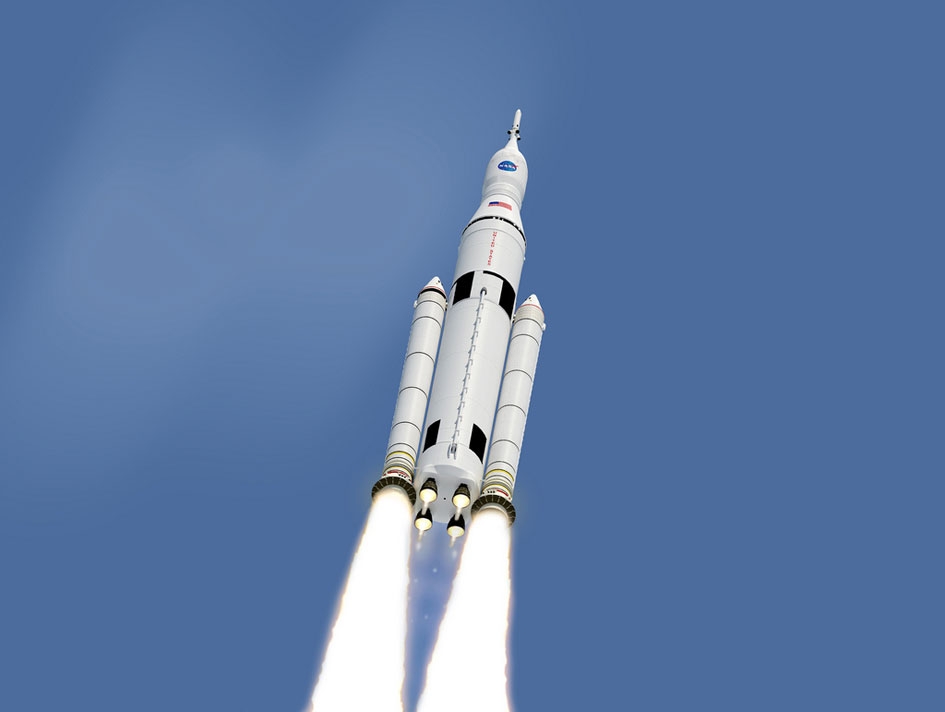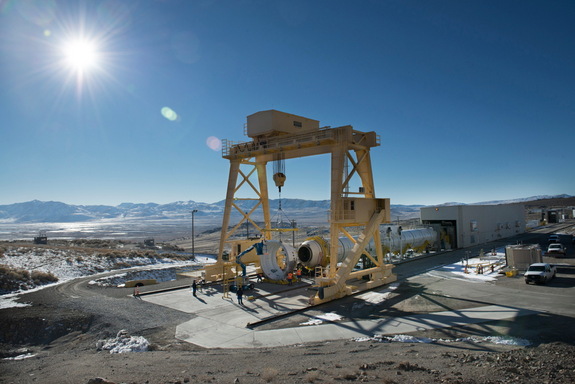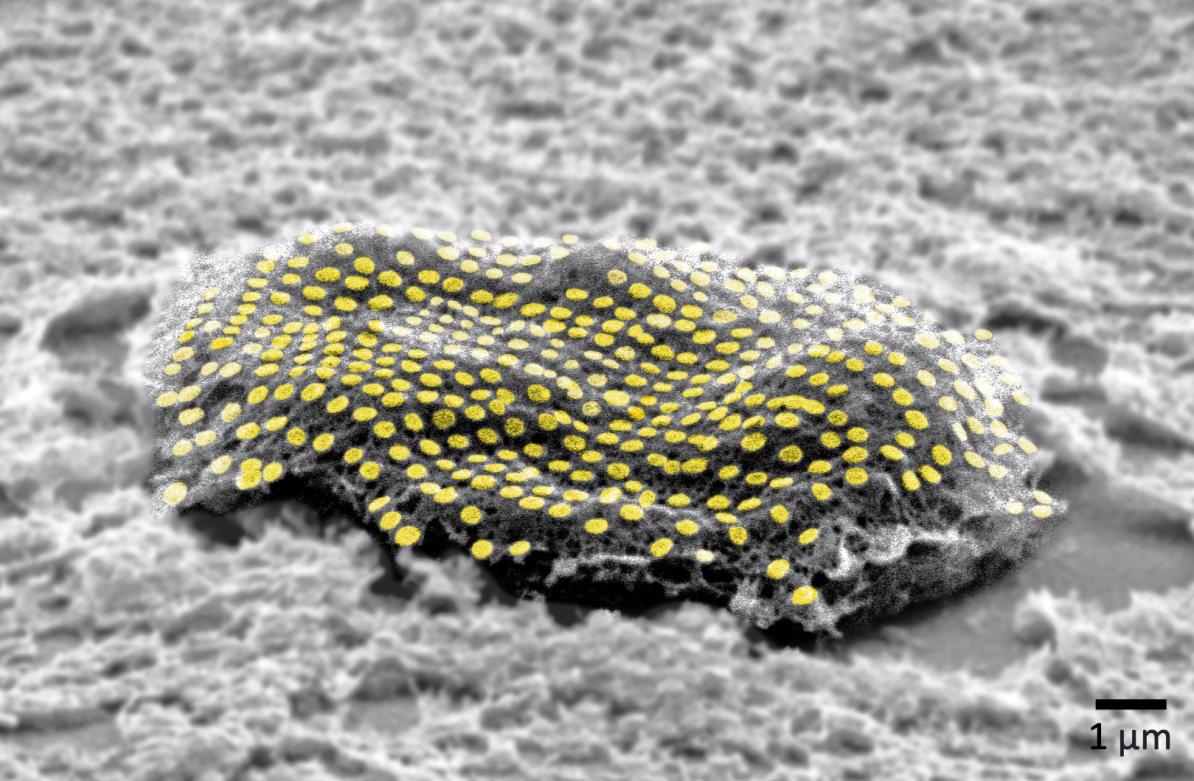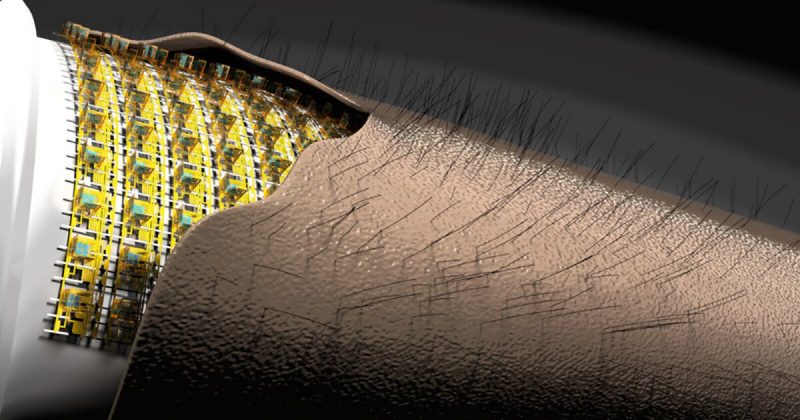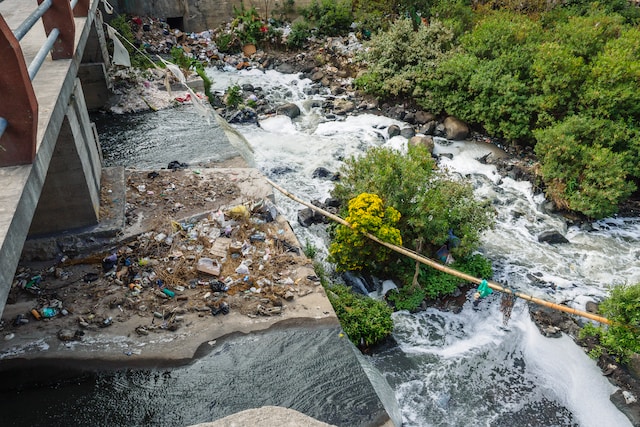IndustryTap has reported on NASA’s Orion program and the creation of the largest and most powerful booster ever built by NASA called the Space Lauch System or SLS. In “NASA’s Orion: First Deep Space Capsule Since Apollo” and “NASA’s Orion Spacecraft Completes First Test Flight…” we looked at the significance of the program and the likelihood that humans will one day travel to Mars propelled by SLS rockets.
Today at 11:30 am EST at the Orbital ATK facilities in Promontory, Utah, the Orion program will take its next step with a full duration engine firing ground test of an SLS rocket to measure vibrations that occur on the launchpad that could negatively impact the vehicle and its onboard systems. The core stage Orion rockets are 154 feet (46.9m) tall and 12 feet (3.6m) in diameter, produce heat two thirds the temperature of the Sun and 3.6 million pounds of thrust.
With data and videos of the firing test NASA hopes to identify and mitigate potential issues related to the SLS core stage main propulsion and thrust vector control systems.
NASA is expected to launch the Orion deep space crew capsule atop SLS rockets in late 2018 with humans aboard on their way to a destination beyond lower-earth-orbit (LEO).
If you want to get involved in the Orion program NASA issued the following RFI statement this week: “NASA Kennedy Space Center (KSC) is hereby soliciting Request for Information (RFI) for the supply of Liquid Hydrogen in support of the Space Launch System (SLS) first launch event currently planned for mid-year 2018.”
Related articles on IndustryTap:
- The Deep Space Exploration Plan: Exploring The Cosmic Ocean
- World’s Largest Vacuum Chamber Simulates Deep Space Environment
- Kepler 22B Is Habitable But Would Take 23 Million Years To Reach
References and related content:

